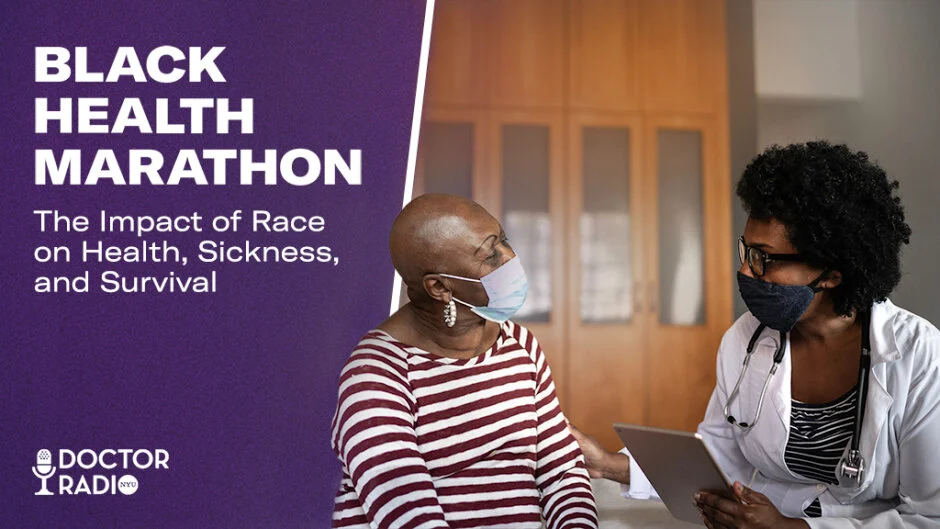At the Meeting, directors will be elected to hold office until the next meeting of the Company's shareholders at which the election of directors is considered, or until his/her successor is duly elected or appointed, unless he/she resigns, is removed or becomes disqualified in accordance with the articles of the Company or the Business Corporations Act (British Columbia).
To the knowledge of MindMed, except as disclosed in the Circular, no proposed director is, as of the date hereof, or was within 10 years, a director or chief executive officer or chief financial officer of any company (including MindMed) that: (a) was the subject of an order (as defined below) that was issued while the director or executive officer was acting in the capacity as director, chief executive officer or chief financial officer; or (b) was subject to an order that was issued after the director or executive officer ceased to be a director, chief executive officer or chief financial officer, and which resulted from an event that occurred while that person was acting in the capacity as a director, chief executive officer or chief financial officer. For the purposes of this paragraph, "order" means a cease trade order, an order similar to a cease trade order or an order that denied the relevant corporation access to any exemption under securities legislation, in each case that was in effect for a period of more than 30 consecutive days.
To the knowledge of MindMed, no proposed director: (a) is, or within 10 years before the date hereof, has been a director or executive officer of any company (including MindMed) that, while that person was acting in that capacity, or within a year of that person ceasing to act in that capacity, became bankrupt, made a proposal under any legislation relating to bankruptcy or insolvency or was subject to or instituted any proceedings, arrangement or compromise with creditors or had a receiver, receiver manager or trustee appointed to hold its assets; or (b) has within the 10 years before the date hereof, become bankrupt, made a proposal under any legislation relating to bankruptcy or insolvency, or become subject to or instituted any proceedings, arrangement or compromise with creditors, or had a receiver, receiver manager or trustee appointed to hold the assets of the proposed director.
No proposed director has been subject to any: (a) penalties or sanctions imposed by a court relating to Canadian securities legislation or by a Canadian securities regulatory authority or has entered into a settlement agreement with a securities regulatory authority; or (b) other penalties or sanctions imposed by a court or regulatory body that would be likely to be considered important to a reasonable security holder in deciding whether to vote for the proposed director.
Other than as described in the Circular, no individual who is, or at any time during the financial year ended December 31, 2020 was, a director or executive officer of MindMed, no proposed nominee for election as a director of MindMed, or any associate of any of them is, or at any time since the beginning of the financial year ended December, 2020 has been, indebted to MindMed or any of its subsidiaries or was indebted to another entity, which indebtedness is, or was at any time during the financial year ended December 31, 2020, the subject of a guarantee, support agreement, letter of credit or other similar arrangement or understanding provided by MindMed or any of its subsidiaries.
Other than as described in the Circular, no director or executive officer of MindMed, nor any proposed nominee for election as a director of MindMed, nor any other insider of MindMed, nor any associate or affiliate of any one of them, has or has had, at any time since the beginning of the financial year ended December 31, 2020, any material interest, direct or indirect, in any transaction or proposed transaction that has materially affected or would materially affect MindMed or any of its subsidiaries.
Other than as disclosed in the Circular, no person who has been a director or executive officer of MindMed at any time since the beginning of the financial year ended December 31, 2020, no proposed nominee for election as a director of MindMed nor any associate or affiliate of such persons has any material interest, direct or indirect, by way of beneficial ownership of securities or otherwise, in any matter to be acted upon at the Meeting.
The appointment of Dr. Vinson is subject to regulatory approval.
Additional information relating to MindMed may be found under MindMed's SEDAR profile at www.sedar.com. Additional financial information is provided in MindMed's financial statements and Management's Discussion and Analysis, which are available under the Corporation's SEDAR profile at www.sedar.com or by request to the Corporation's registered office at Mind Medicine (MindMed) Inc., c/o Wildeboer Dellelce LLP, 365 Bay Street, Suite 800, Toronto, Ontario M5H 2V1 (Phone: (416) 361-3121).
About MindMed
MindMed is a clinical-stage psychedelic medicine biotech company that discovers, develops and deploys psychedelic inspired medicines and therapies to address addiction and mental illness. The Company is assembling a compelling drug development pipeline of innovative treatments based on psychedelic substances including Psilocybin, LSD, MDMA, DMT and an ibogaine derivative, 18-MC. The MindMed executive team brings extensive biopharmaceutical experience to MindMed's approach to developing the next generation of psychedelic inspired medicines and therapies.
MindMed trades on the NASDAQ under the symbol MNMD and on the Canadian NEO exchange under the symbol MMED. MindMed is also traded in Germany under the symbol MMQ.
Forward-Looking Statements
Certain statements in this news release related to the Company constitute "forward-looking information" within the meaning of applicable securities laws and are prospective in nature. Forward-looking information is not based on historical facts, but rather on current expectations and projections about future events and are therefore subject to risks and uncertainties which could cause actual results to differ materially from the future results expressed or implied by the forward-looking statements. These statements generally can be identified by the use of forwardlooking words such as "will", "may", "should", "could", "intend", "estimate", "plan", "anticipate", "expect", "believe", "potential" or "continue", or the negative thereof or similar variations. Forward-looking information in this news release include, but are not limited to, statements regarding the Company's Meeting and intended future business plans and operations. Although the Company believes that the expectations reflected in such forward-looking information are reasonable, such information involves risks and uncertainties, and undue reliance should not be placed on such information, as unknown or unpredictable factors could have material adverse effects on future results, performance or achievements of the Company. There are numerous risks and uncertainties that could cause actual results and the Company's plans and objectives to differ materially from those expressed in the forward-looking information, including compliance with laws and regulations; difficulty associated with research and development; risks associated with clinical trials or studies; heightened regulatory scrutiny; early stage product development; clinical trial risks; regulatory approval processes; novelty of the psychedelic inspired medicines industry; as well as those risk factors discussed or referred to herein and the risks described under the headings "Risk Factors" in the Company's filings with the securities regulatory authorities in all provinces and territories of Canada which are available under the Company's profile on SEDAR at www.sedar.comand with the U.S. Securities and Exchange Commission on EDGAR at www.sec.gov. Should one or more of these risks or uncertainties materialize, or should assumptions underlying the forward-looking information prove incorrect, actual results and future events could differ materially from those anticipated in such information. Although the Company has attempted to identify important risks, uncertainties and factors that could cause actual results to differ materially, there may be others that cause results not to be as anticipated, estimated or intended. These and all subsequent written and oral forward-looking information are based on estimates and opinions of management on the dates they are made and are expressly qualified in their entirety by this notice. Except as required by law, the Company does not intend and does not assume any obligation to update this forwardlooking information.
Media Contact: mindmed@150bond.com
SOURCE Mind Medicine (MindMed) Inc.







